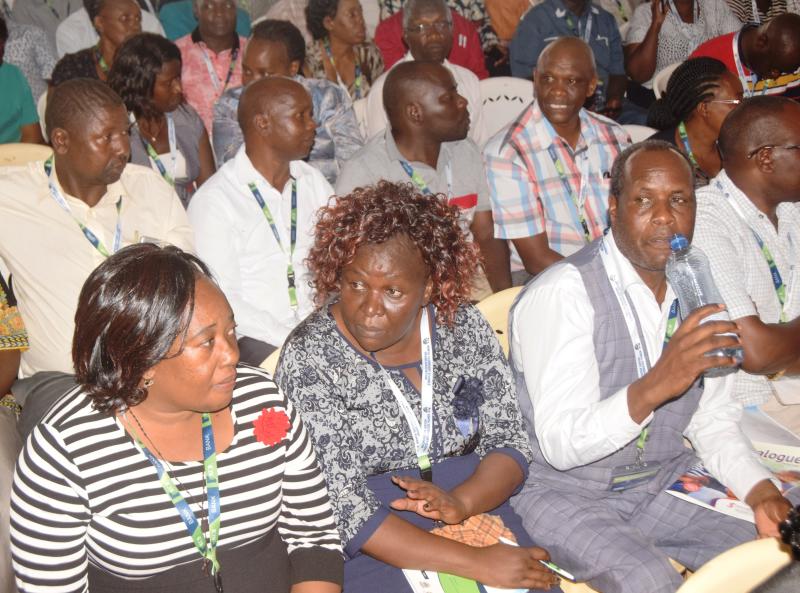Public secondary schools across Kenya are facing unprecedented financial turmoil following the government’s drastic reduction of capitation funding. As the third academic term begins, many institutions are struggling to keep their doors open.
The cut, which slashes per-student funding from KSh 22,244 to KSh 16,900, has sent shockwaves through the education sector. Headteachers, many of whom had already taken bank loans to cover essential services, now warn that schools may be forced to shut down or significantly compromise learning standards.
Appearing before a parliamentary committee, Treasury CS John Mbadi admitted that the government is currently unable to meet its full financial obligation to schools. Education CS Julius Ogamba further acknowledged that funds would not be released until the third term, leaving many institutions to fend for themselves during a critical learning period.
Only half of the Term 1 allocation has reached schools so far. Some heads have turned to unauthorized fundraising or levies—a move that often lands them in disciplinary trouble with education authorities.
Willie Kuria, head of the Kenya Secondary School Heads Association, lamented the untenable position of school administrators: expected to run quality programs without adequate funding and prohibited from seeking help from parents. “It’s a lose-lose situation,” he said.
Meanwhile, essential learning components like co-curricular activities have also suffered. Primary school funding for these programs has been nearly halved, compromising the development of talents and social skills.
Beyond administrative frustrations, the human impact is profound. Many parents are being asked to pay for basic necessities such as meals and textbooks—costs they thought were covered by the free education policy. For low-income families, the pressure is immense.
Calls for a structural overhaul of education financing are growing louder. Experts recommend decentralizing teacher payments and creating a centralized, transparent system for managing school bursaries and scholarships.
If no action is taken, the current situation may deteriorate further. More schools will accumulate debt, teachers may go unpaid, and learners—especially in rural and informal settlements—will continue to fall behind.





